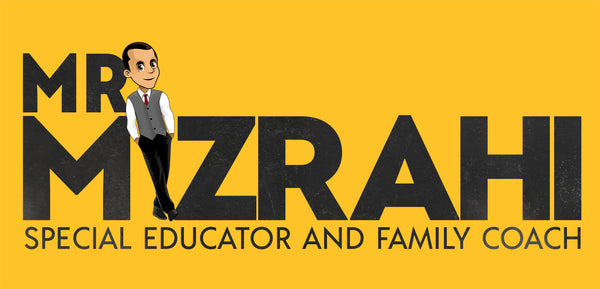
What to Do When You Notice Your Child Is Struggling
Share
Parents have a natural tendency to continuously help and protect their children. After all, you want the best for them. Letting your child struggle and even fail sometimes can be highly beneficial to his or her development. If parents approach child’s struggles mindfully, rather than reactively, they may notice that their children grow as a result of hardship rather than looking to for an emotional rescue.
Here are some practical things you can do to make things better for your child in ways that build resilience and teach them that struggle is normal.
1 | Stay present with your child instead of fixing, changing, or rescuing
Instead of fixing, parents can be present, stay supportive, but not to take the problem on their own lap. Our children need to face their own problems of childhood, so they are equipped to face bigger challenges in adulthood.
2) Allow your child to feel
All emotions are ok, and all emotions are transient. So, there is no need to react or resist what we feel. The most natural way to process emotions is to allow ourselves to feel all our feelings until they pass. We can teach this to our children.
3) Value and embrace struggle
If we value struggle and see struggle as necessary and important, kids will more likely see challenges this way as well. All growth, learning and emotional development comes from struggle.
4) Normalize setbacks, failures, discomfort as part of life
It is normal for emotions to be continually coming and going not for us to always feel happy. When we normalize this pattern then there is no sense of something being wrong when we face a challenge, setback or discomfort. When we frame struggles and setbacks as normal; we are teaching a lot of resilience to our kids.
5) Rather than fixing, encourage your child to problem-solve
Kids want to be empowered and feel that they are capable. For many problems, like peer rejection, there is no simple solution but staying present and available and encouraging your child to solve it, is a great way for your child to build these muscles.
Coach Benjamin Mizrahi. Educator. Learning Specialist. Family Coach. Father. Husband.
More articles on Mr Mizrahi's Blog - Benjamin Mizrahi
